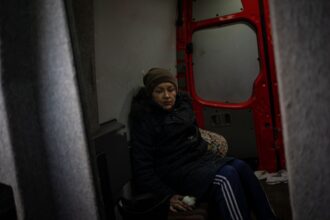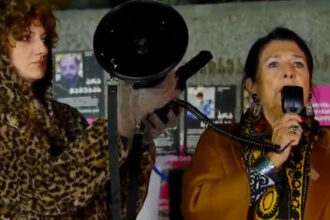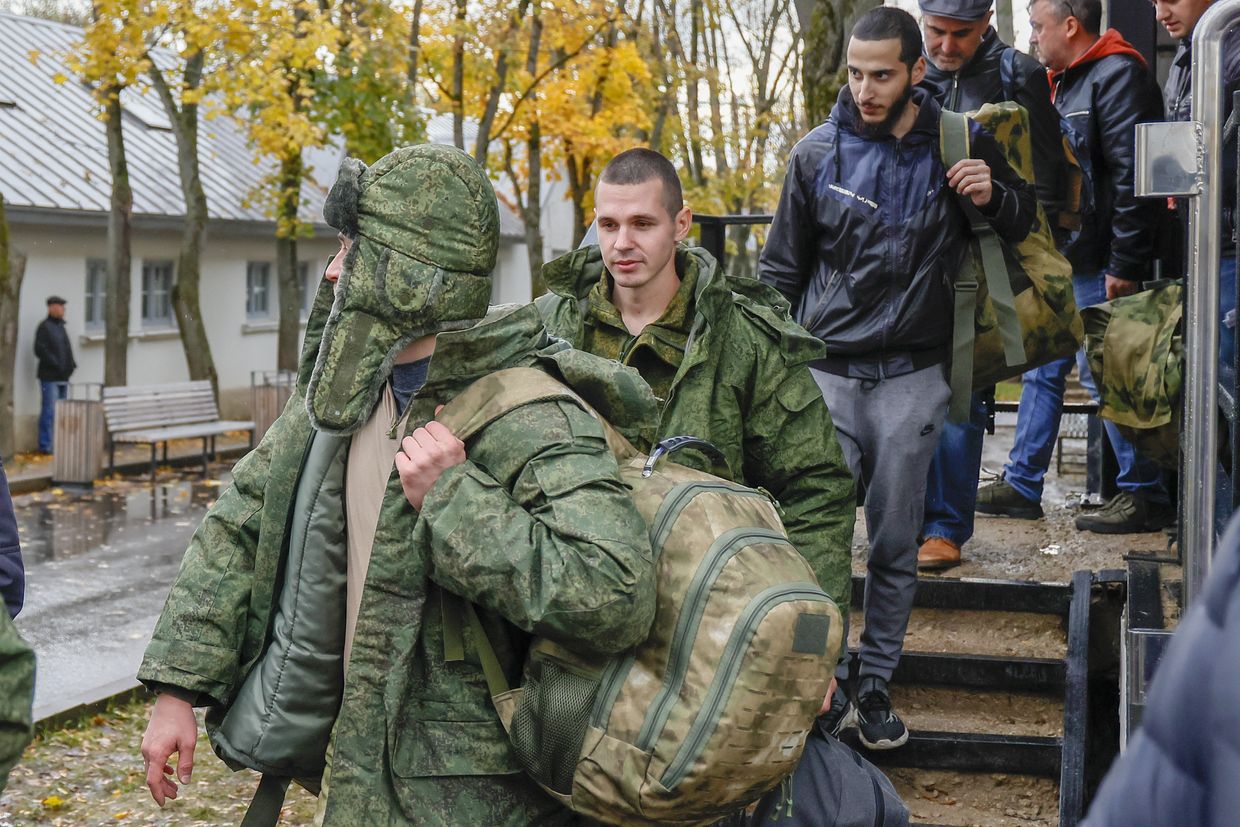Russia’s welfare system has been bolstered by war benefits, which have helped to placate the population and reduce unrest. However, this strategy comes with a cost, as investment in education, healthcare, and support for vulnerable groups is compromised.
The Kremlin’s use of one-time payments and sign-on bonuses has made it easier to manage expectations and avoid resentment among the population. These benefits are particularly attractive to families from poor rural areas, where the money can be vital for survival.
Despite this, Russia’s economy is facing significant challenges due to its focus on war-related spending. Inflation is rising, and the country‘s productivity is suffering as resources are devoted overwhelmingly to the military. This could lead to real political protests when the economic crunch hits.
Experts warn that the economy is setting itself back a decade by prioritizing the war effort over long-term investment in education, healthcare, and other critical areas. The sign-on bonus money does not replace the economic productivity of a person’s lifetime, and in the long term, it may lead to further dependence on the state.
Key points:
* Russia’s welfare system has been bolstered by war benefits, which have helped to reduce unrest.
* One-time payments and sign-on bonuses make it easier for the Kremlin to manage expectations and avoid resentment among the population.
* The focus on war-related spending is driving inflation and damaging productivity in other areas of the economy.
* Experts warn that the economic crunch will eventually hit, leading to real political protests.
* Russia’s economy is setting itself back a decade by prioritizing the war effort over long-term investment in education, healthcare, and other critical areas.




